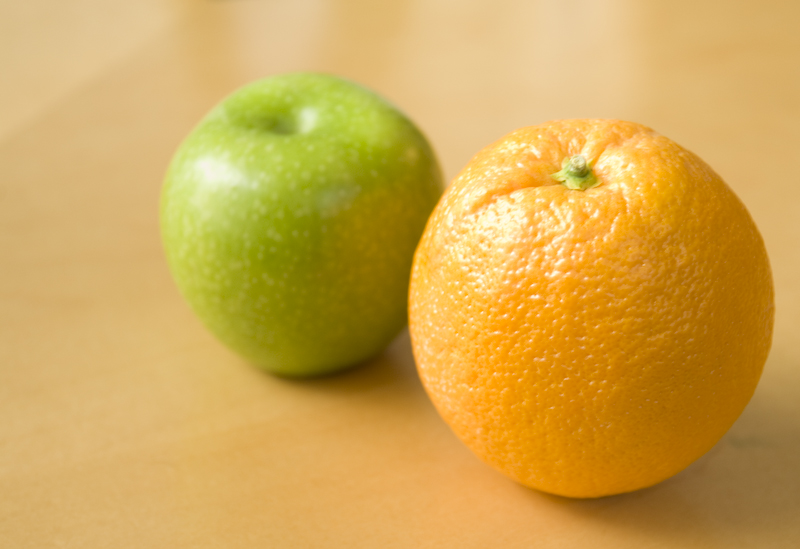
In another installment of Science by Agenda™, a group headed by super-vegan diet doctor Neal Barnard claims to have ‘debunked’ the blood type diet.
The results? Surprise! The researchers discovered all blood types do best on vegan diets.
Well, that settles that.
The investigators published their objective scientific results in an ultra low-impact journal article and advertised it via a far from neutral point-of-view press release.
Let’s take a look at this ‘study’.
First and foremost, we must discuss the validity of the piece of research at hand:
- The study has a major conflict of interest. Neal Barnard, the chief author, is a vegan. Over the years Dr. Barnard has written over 20 books and starred in numerous videos that tout the benefits of a vegan diet and has a definite economic interest in the success of the vegan lifestyle. The Physicians Council for Responsible Medicine is a front group for similarly like-minded physicians with numerous tie-ins to other politically linked groups, such as various animal rights groups. Normally it is not considered ethical to design a study with the singular purpose of ‘debunking’ a known competitor, and most journals would likely have rejected the article, perhaps explaining why the study was eventually published in a low-impact journal with minimal circulation. The fact the press release announcing the study used the phrase ‘debunked’ is a clear indicator that the authors had no desire to actually research the Blood Type Diet.
- The study did not study the BTD. This was a study of a vegan diet, not a Blood Type Diet. Therefore, the vegan BTD study cannot be a thorough analysis of the four ABO meal plans and their effectiveness. Rather, it will only show that a vegan diet reduces cardiovascular disease markers for everyone. The study used participants from largely economically underprivileged areas with poor accessibility to healthy foods. Were these people eating highly processed foods and then put on a plant-based diet? In these circumstances a basic adjustment to a more clean and live diet will certainly benefit most people across the board.
- The study is heavily biased and does not depict the BTD accurately. There’s no such thing as a one type fits all program, as every individual is different. With type O the nutritional profile is not ‘meat centric,’ it implements animal proteins in addition to healthy vegetables, fruits and grains. O’s produce a far greater amount of stomach acid (a large body of scientific evidence supports this) and they are best suited to digesting and breaking down the animal proteins. The study was not broken down by blood type, nor did it have a control group of people who did not follow the BTD to compare outcomes. The authors did not allow the type O individuals to follow the precepts of the Type O diet, with an emphasis on lean, healthy meats, so in essence the study never demonstrates what could have been accomplished if these individuals had the additional benefit of further refining their diet according to the genetics of their blood type.
- The study was poorly designed. The study did not determine the blood type of the 31 persons who declined to be in a particular group. The study also did not examine the approximately 80+ participants who were excluded because they did not complete necessary documentation, diet records, or attend assessments. The ABO types of these participants should have been included in the study. Finally, the numbers in the study were tiny and statistically meaningless when it came to ABO type. A meager 68 people were involved. For example, a simple study examining just on relationship: the effect of salt on blood pressure, would require at least 150,000 people and follow-up for at least six months. The fact that this was rushed and underpowered are clear signs that this was a research study in search of a pre-ordained outcome.
Like the notorious PLOS study a few years back, this study was designed from the start to take down a competing diet theory by ‘investigators’ who would have faced significant negative economic consequences if the diet had been given a fair chance of showing its benefits.
Real science doesn’t set out to debunk things; it looks to see if the prevailing evidence fits a particular hypothesis, not whether your hypothesis is better than the one you purport to be studying.
Science by Agenda™ is one of the main reasons why many people distrust science news and journalism. As long as science reporting continues to be vulnerable to hijacking, I suppose there is little hope that this will change any time soon.
The days where you could simply take what you read at face value are long gone, if they ever existed.
—–
The great John Gray was told by a friend that his cat was vegan. “Do you let your cat out?” “Yes”, the friend answered. — Nassim Nicholas Taleb
